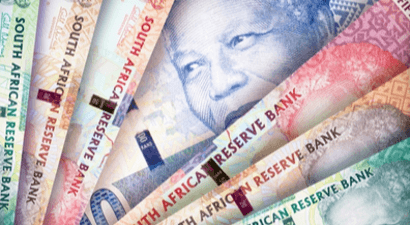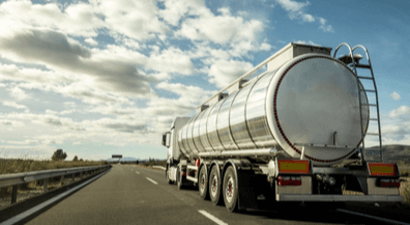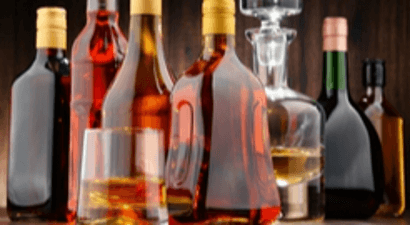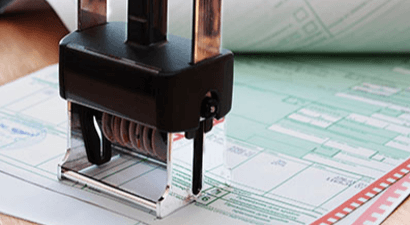INCREASED FOCUS ON MANUFACTURERS AND IMPORTERS OF SUGARY BEVERAGES
During the 2025 National Budget presentation, it was apparent that South Africa’s tax deficit is substantially impacting economic growth and public service delivery. The South African Revenue Service (“SARS”) has further set an ambitious revenue estimate of R2.006 trillion for the 2025/2026 tax period and conveyed confidence in meeting this challenge.
Indirect taxes, more specifically excise duties, fuel levies and carbon taxes play a vital role in contributing to the fiscus. As expected, these were increased in the latest Budget in an effort to help bridge the tax gap left by the failed proposal to increase the VAT rate.
Despite the increase in excise duties and levies, the Minister of Finance decided not to increase the health promotion levy (“HPL” or “sugar tax”), as was the case with previous Budgets.
Although the failure to increase sugar tax for the third consecutive year could be viewed as indicative of the fact that the importance of sugar tax is being diluted from a fiscal and health policy perspective, current experience, to the contrary, tends to indicate an increased focus by SARS on manufacturers’ compliance within the sugary beverages industry.
The South African sugary beverages market for 2025 is estimated at USD 3.25 billion, which is a major contributor to the country’s GDP through direct manufacturing, job creation, and distribution activities within the formal and informal sectors.
Given the nature of sugary beverages, global initiatives aimed at promoting health and reducing obesity and diabetes have led various countries to introduce taxes that are aligned with the guidelines of the World Health Organisation (“WHO”), which recommends a tax that increases the retail price of sugary beverages by at least 20%.
In response to the global effort to reduce the intake of sugar and align with health policy considerations, South Africa introduced the HPL as provided for in Schedule No. 1 Part 7, Section A to the Custom and Excise Act no 91 of 1964 (“the Act”), which came into effect on 1 April 2018.
The primary objective of the HPL is to support the Department of Health’s deliverables to decrease diabetes, obesity, and other related diseases through a levy regime administered by SARS. The HPL on sugary beverages is currently calculated at a fixed rate of 2.1 cent per gram of the sugar content that exceeds 4 grams per 100ml, with the first 4 grams per 100ml being levy-free. The latter translates to an 8% tax on the final selling price, which is significantly lower than the WHO’s proposed 20%. As such, there is definitely scope to increase the levy in future.
In the 2024 tax year, the HPL contributed over R2,306 million to the fiscus, which is less than the initial R2,446 million collected at the inception of the HPL regime during the 2019/2020 tax period.
Although the reduced contribution to the fiscus could be attributed to reformulation strategies by manufacturers and lobbying activities by the sugar industry, it is also important to note that since the inception of the HPL regime, SARS’ focus on compliance within the sugary beverages industry has been limited when compared to other industries such as the alcohol, tobacco, and petroleum industries.
However, this appears to be changing. Over the past 12 months, there has been a noticeable increase in SARS queries and audits at sugary beverage manufacturers, with a specific focus on the following areas:
- The obligation of manufacturers of sugary beverages to register as commercial manufacturers where more than 500kg of sugar is used in the manufacturing process;
- The failure of manufacturers of sugary beverages to account for the HPL on carbonated fruit juices, flavoured milk and drinking yogurts;
- The use of contract manufacturers to manufacture sugary beverages in unlicensed facilities;
- The reliance on outdated South African National Accreditation System (“SANAS”) certificates to evidence the sugar content; and
- Exports of sugary beverages from South Africa.
Any failure to comply with the HPL provisions could result in substantial financial exposure to manufacturers of sugary beverages, ranging from the collection of unpaid levies to substantial penalties, interest, and forfeiture. As such, it is imperative for manufacturers of sugary beverages to revisit their operating procedures and internal controls to ensure compliance with the legislation.






